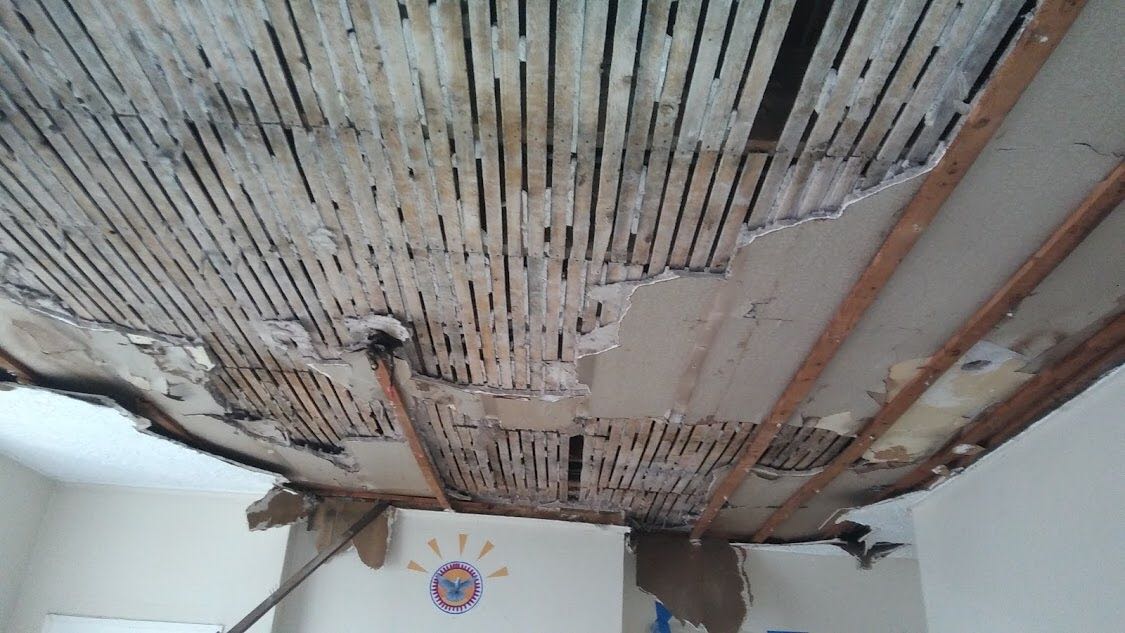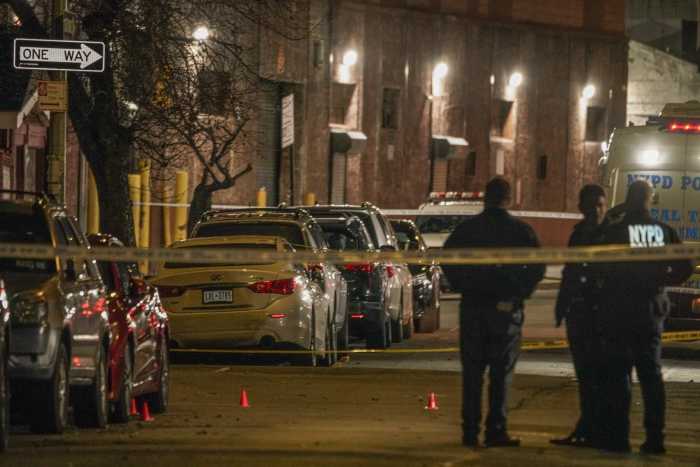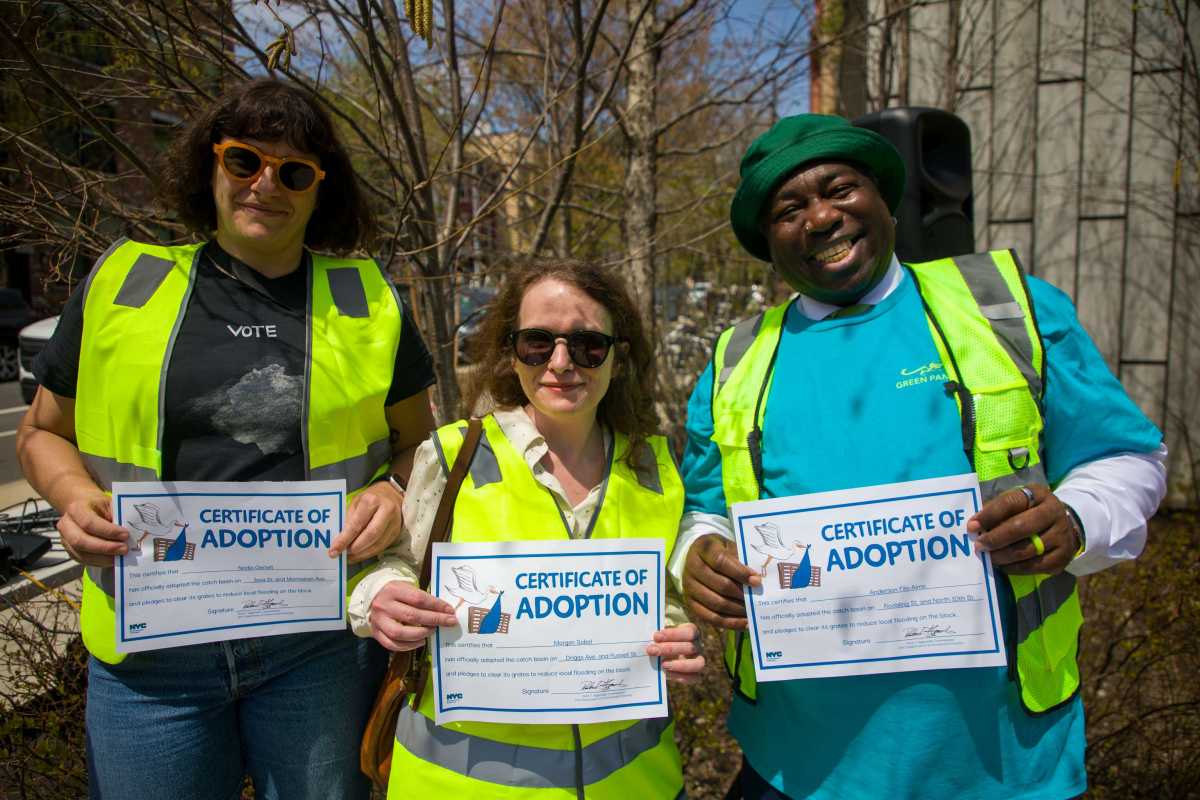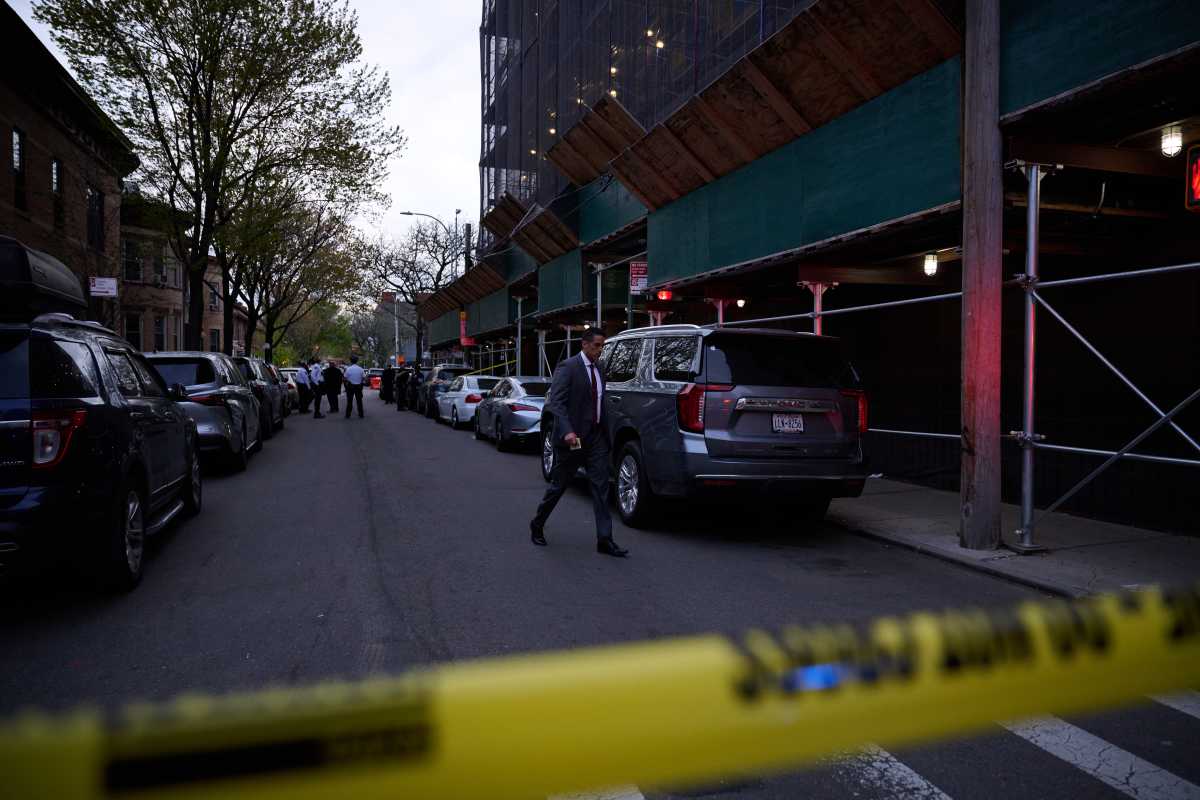For Francisco Rivera and his wife, Olga, their problems with the city shelter system started two years ago at a hotel in southeast Queens and ended in another shelter in Manhattan.
In between the two was a little house in Newark that, they said, destroyed their chances of getting back on their feet.
The working homeless couple thought they had found some hope when they were transferred from the hotel facility to a New Jersey apartment. They had the understanding that the city would pay a full year’s rent for them in advance through the Human Resources Administration’s Special One-Time Assistance (SOTA) program — which came under fire from the city’s Department of Investigation, and is the focus of a federal lawsuit filed by the mayor of Newark, NJ.
But when they arrived in the Garden State, they were brought to a run-down house in a bad part of Newark — and they were not alone. Someone was sleeping inside one of the rooms amid squalid conditions that they themselves would endure for weeks before making the improvements themselves.
Mold in the walls, the presence of rodent droppings and rotting wood in the home caused debilitating respiratory problems for his wife. Rivera also noted that leaks were common, and at one time, they experienced a partial ceiling collapse.
“We really got screwed,” Rivera said. “They sent us – I guess it was tier one, that’s what they call when you go to a hotel – and from the hotel they hold onto you and that’s when the program came out: SOTA. They just threw it on top of us, like ‘oh, we got this.’ Like, pressuring us … We took it because we just wanted to get out of the shelter system.”
It was not long before they learned they were in a different program where they city would only subsidize half their rent. They ultimately never received any vouchers or funds from the city, Rivera told amNewYork — and wound up back in a homeless shelter before long.
“We found out that we were on another program… that we pay part of the rent, they pay the other part. They never notified us and I ended up paying the whole rent for the two years until now,” Rivera said. “We fell back into the system again.”
With Olga unable to work, Rivera had to pay the full $1,300 in rent on his own. On top of that, Rivera — who worked in maintenance — put his own elbow grease into attempting to make the house livable while holding down a job in Manhattan.
The living situation, combined with the exhausting commute to and from the city to work each day, eventually caught up to Rivera. Three months ago, he was let go from his job — and wound up being evicted.
Now he and his wife are back in a homeless shelter in Manhattan, on East 94th Street. Shelter life, he says, is far from pleasant and accommodating; Rivera claims that the shelter does not cater to his diabetic needs.
When asked for comment, a spokesperson for the Department of Homeless Services issued the following statement: “To address the regional and nationwide challenge of homelessness, our City offers as many options as possible to families to get back on their feet – and more than 5,000 households have secured housing through the SOTA program, which is just one of the many resources we offer. We cannot discuss specific cases due to client confidentiality protections, however we will investigate to understand what occurred here.”








































